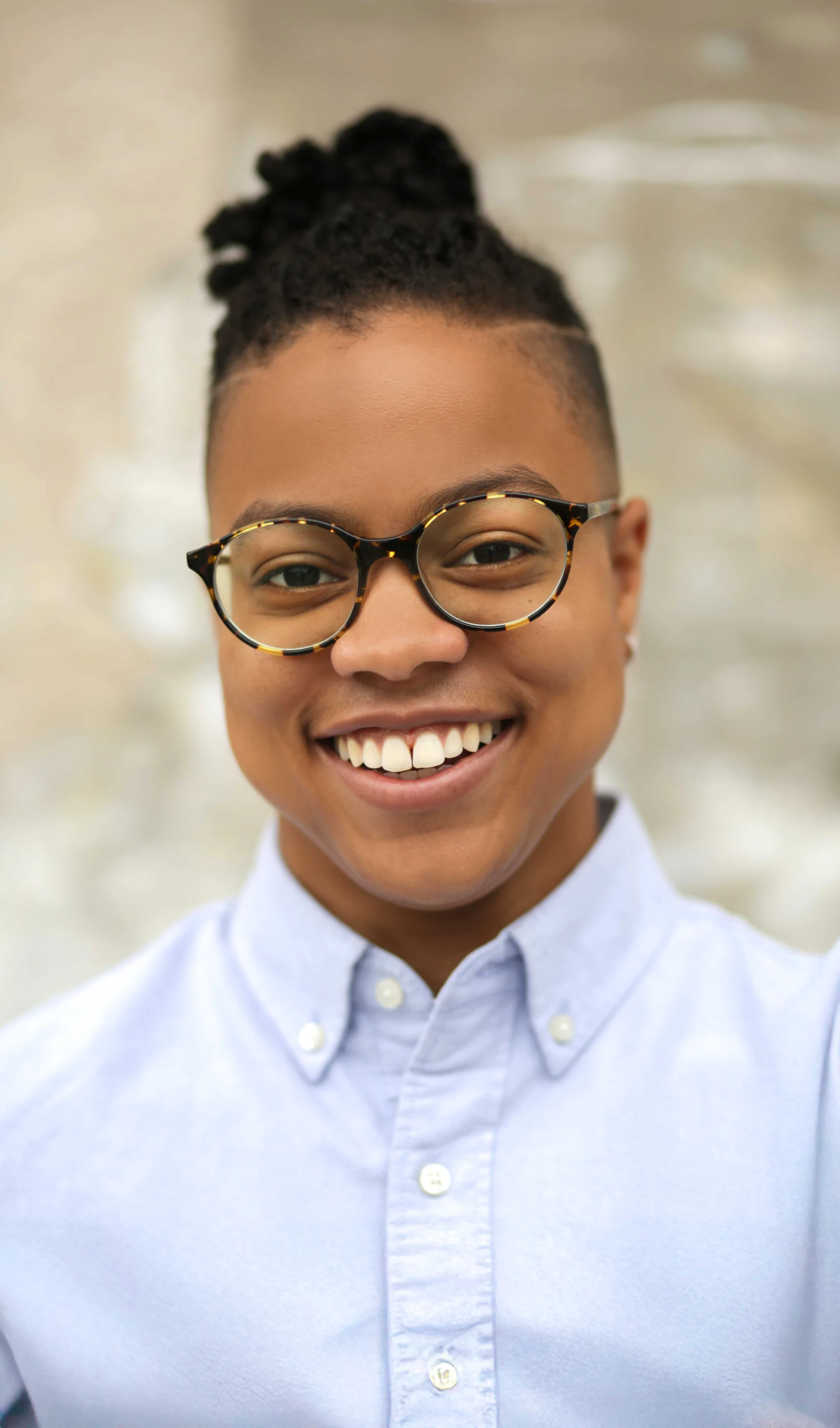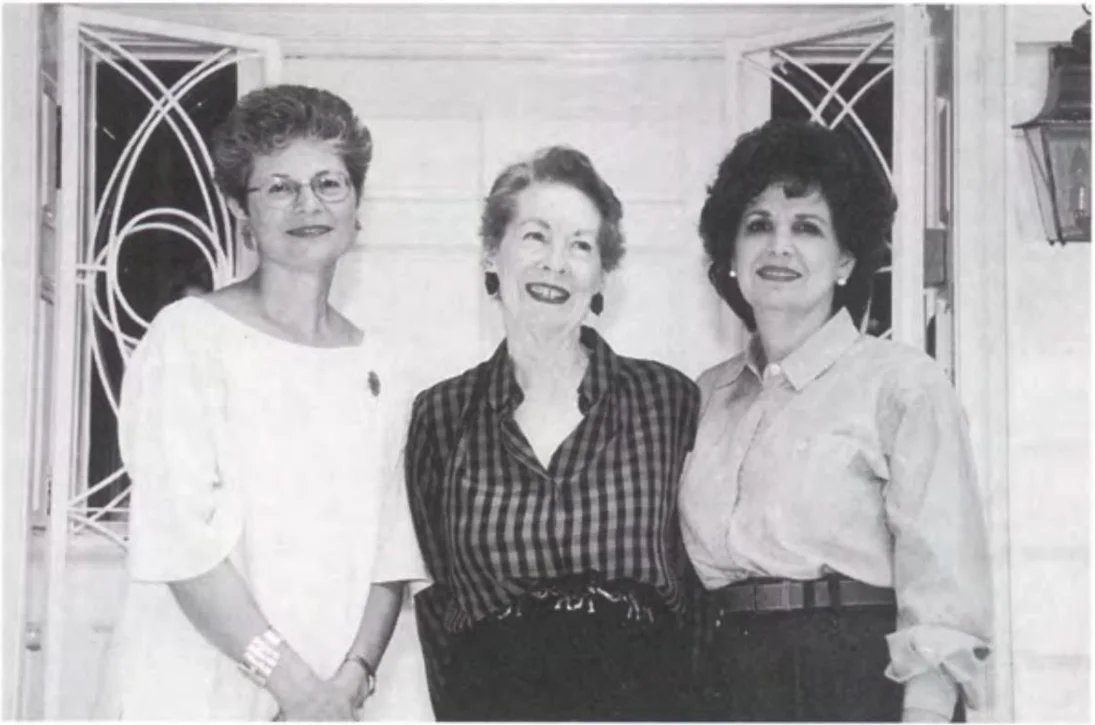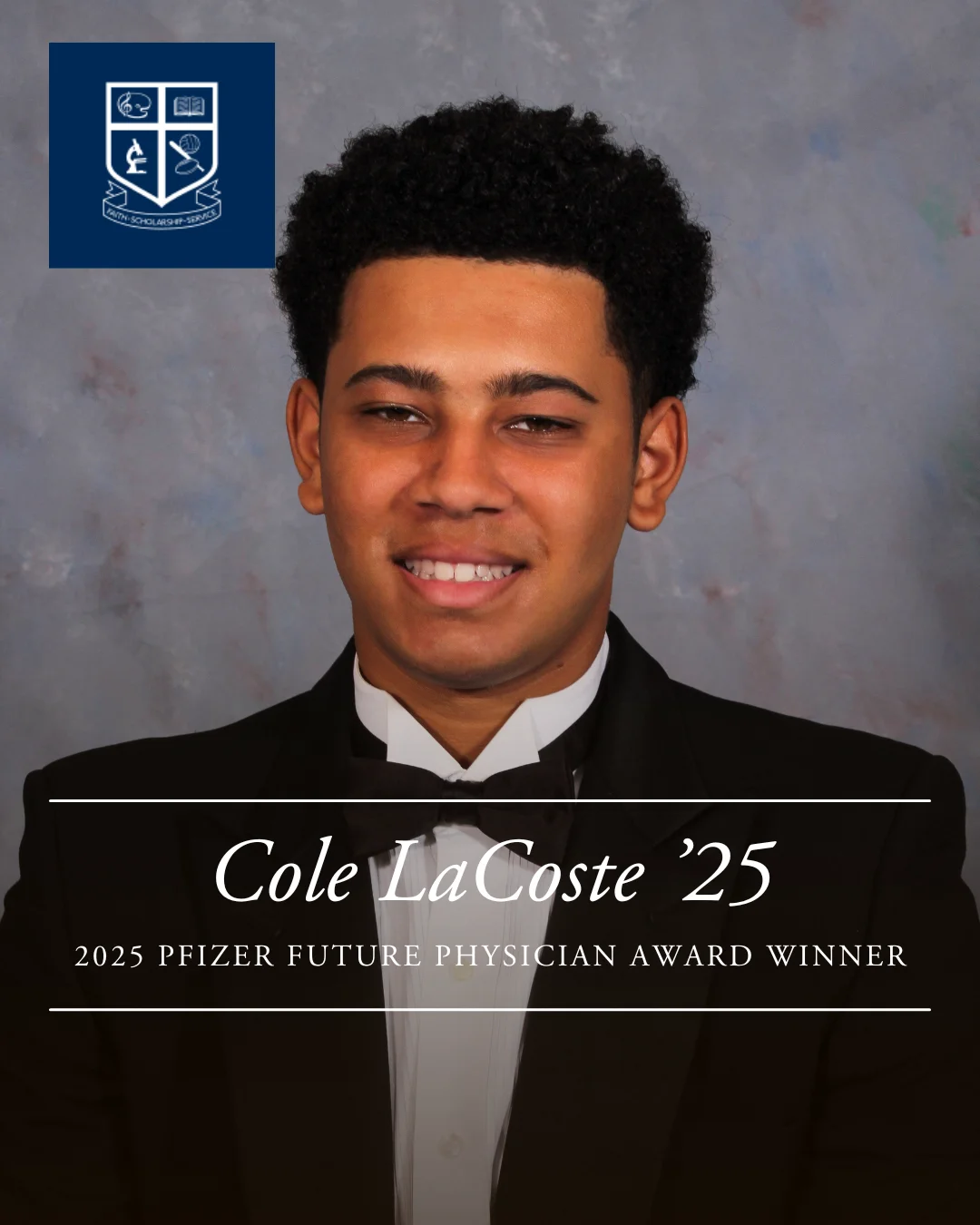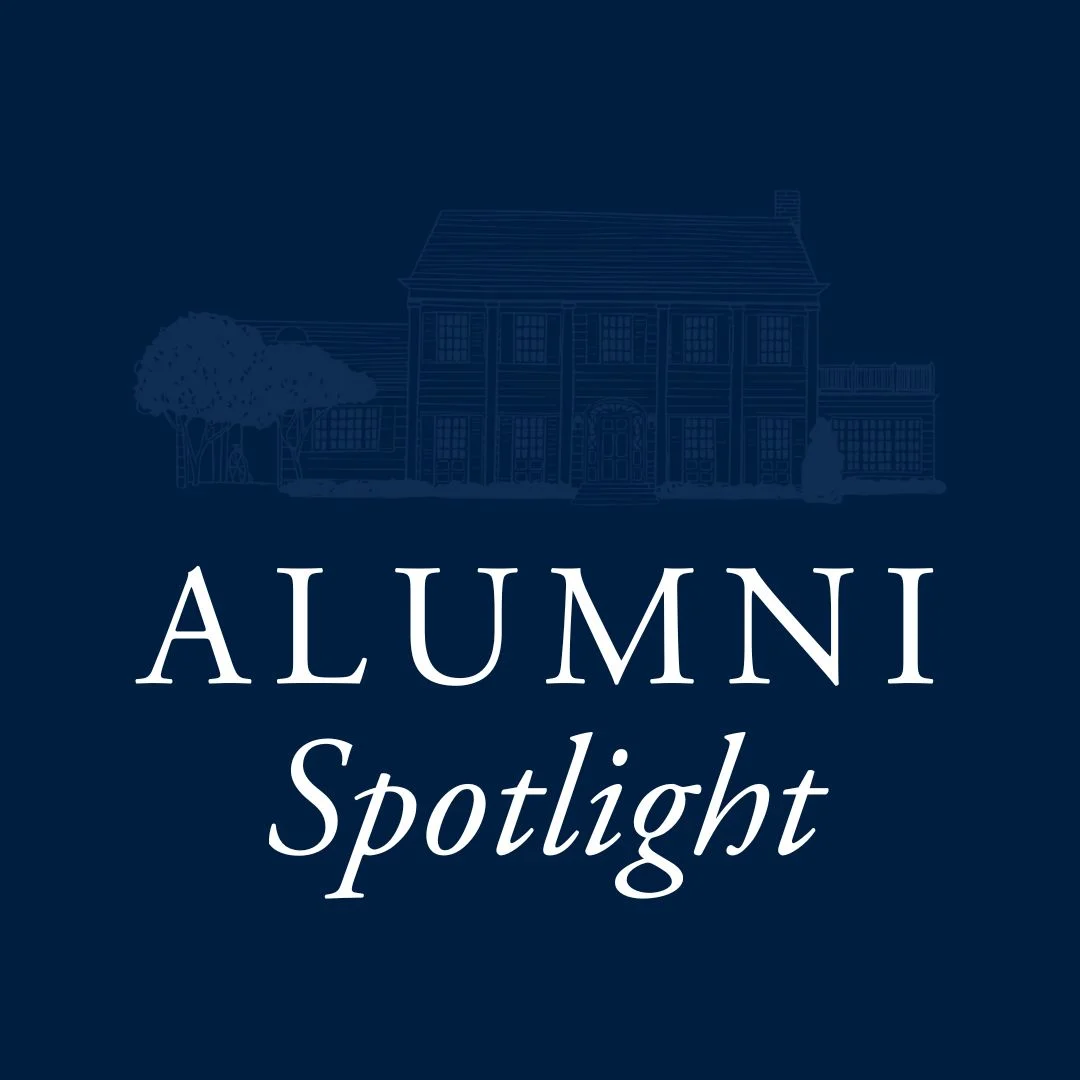-
About
- Welcome from the Head of School
- Mission & History
- Episcopal Identity
- Diversity, Equity, & Inclusion
- Facility Rentals
- Board of Trustees
- Faculty & Staff Directory
- Careers
- Contact Us
- StM News
- Admissions
-
Academics
- Academics Overview
- George Cottage
- Lower School
- Middle School
- Upper School
- Innovation + Design
- Fine Arts
- College Counseling
- Visiting Speakers, Authors, & Illustrators
-
Athletics
- Welcome from Athletic Director
-
Athletic Teams & Schedules
- Baseball
- Girls' Basketball
- Boys' Basketball
- Bowling
- Cheerleading
- Cross Country
- Football
- Golf
- Girls' Soccer
- Boys' Soccer
- Softball
- Swimming
- Volleyball
- Tennis
- Track and Field
- Facilities
- Athletic Calendar
-
Student Experience
- Student Experience Overview
- A Campus of Opportunity
- Class of 2025 Senior Spotlights
- Traditions
- Advisory Program
- Clubs & Activities
- Campus Services
- Student Support Services
- Technology
- Library
- Publications
- Tickets to StM Events
- Summer at StM
-
Giving
- Giving Online
- Why Giving Matters
- Ways to Give
- Annual Giving
- Special Events
- Planned Giving
- Legacy Societies
- Alumni
« Back
Alumni Spotlight: Dr. Justin Jones '93
June 25th, 2025
 Dr. Justin Riley Jones ’93
Dr. Justin Riley Jones ’93
- Attended 1987 - 93 (6th - 12th)
- Student Council President ’93
- Mr. St. Martin’s ’93
- Emory University, Bachelors in English Literature
- Yale University, Masters in Religion
- Columbia University, Doctorate in Clinical Psychology
- Founder of The Kimberly Center
What do you first think about when you think back to St. Martin's?
Wow, I have a lot of memories from my time there, it was really transformational for me. The first thing that comes to mind, though, is extreme gratitude. I say this because, although I enjoyed so many individual aspects of the school - like my Spanish classes with Mr. Perez, Humanities class, the Chapel services, Homecoming Spirit Week, serving on student council, running track, playing the role of the King of Siam in the “King and I” my senior year, and plenty of fond social memories - really it’s the institution as a whole that I value so much.
At the time, I was enduring an unstable home life that I kept largely hidden and masked with a kind of highly anxious and perfectionist false-self. So St. Martin’s, as a community and with all that a community represents, was the most stable and healing component of my life at the time, it was really grounding for me. I fear it may sound hyperbolic, but it was actually life-saving. So my first thought of StM is most certainly immense and unwavering gratitude.
When you left St. Martin's for Emory, how did you feel?
St. Martin’s helped me feel very academically prepared, not just for Emory, but also my postgraduate studies. At the time, my plan was to go to law school, and eventually become an attorney in New Orleans. I studied English so my time at St. Martin’s, specifically my English and Humanities classes, left me thoroughly prepared for academic success. Specifically, I think about my Humanities class with Doc Mooney and June Wells, and English classes with Mrs. Beckman before them. Pedro Perez was an amazing Spanish teacher, as well as my advisor for Student Council and just a great source of support. Also, Dr. Rosenbaum was an amazing support for me. My teachers were people I looked up to academically and socially.
What St. Martin's traditions do you remember / cherish the most?
When I think about StM, I actually think about the Chapel services. The Episcopal tradition really shaped me, even in Middle School, I remember being introduced to what I would describe now as Christian social justice in a way that resonated with me deeply. It gave me an understanding of what it truly means to have empathy for others, and care for those who are different from you. I took it in fully, because it was such a formative time in my life. The school was what I looked to for balance and stability.
The service on St. Martin’s day was a powerful one for me. I got to deliver a speech to the whole school as student council president during that service, which was particularly moving because it made me think about what we’re all here celebrating. The story of Martin de Tours resonates with me as an example of a relatively privileged soldier and leader having the courage to demonstrate deep empathy.
I also really enjoyed Spirit Week leading up to Homecoming, and just all of the privileges that came with being a senior.
What first attracted you to the field of clinical psychology?
After my father died suddenly in college, I really had to stop and think about what I valued in life and question the path I was pursuing. As I referenced earlier, I had gone into college thinking I would go to law school and return home to practice. But, after his death, I realized I had a lot of wounds from my past I had not dealt with and had kind of covered over with in an anxious perfectionist version of myself; and, that I was actually looking for more meaning and depth and authenticity in my daily living. It was during that time, at Emory, that I entered an intensive psychotherapy with a brilliant psychologist and reconnected with the Episcopal church with the help of a very nurturing Episcopal chaplain, and through this process, I not only dealt with the difficulties of my upbringing but came to terms with my sexuality - something I had been aware of, to a certain degree, since middle school, but which I had previously gone to great lengths to cover up and deny.
At that time I decided I wanted to either be an Episcopal priest or a psychologist. I had been attracted to understanding why we are the way that we are, and understanding how people can evolve and change. I was recommended by the Dioceses of Atlanta for the priesthood and decided to go to Yale where I would have the opportunity to explore both psychology and religion in depth. At Yale, I quickly discerned psychology was my path and after that was accepted at Columbia for a doctorate in clinical psychology studying with my mentor, Dr. Lisa Miller, who is an innovator in the field of the integration of spirituality and psychology. It was such an enriching experience. In that amazing and difficult degree, I was able to not only gain very valuable clinical training, but also researched and completed a dissertation on the protective factors of spirituality in gay men, specifically gay fathers. After that I opened my practice and clinic, the Kimberly Center, which is dedicated to working with individuals who are struggling with self-harming behaviors and the prevention of suicide in young adults. It’s named for a friend of mine from Emory, who took her own life. From what I had dealt with in my own youth, I felt like I understood suffering and pain, but in large part through hope and my spirituality and the work I had done in therapy, was able to transcend that; and, I wanted to help others do the same. So many people suffer silently, presenting apparent confidence. My goal is to help those people, especially young adults, because this is already a time of great tumult in their lives, and we want to help them live the best life possible.
I have accepted that my life journey thus far is one of a wounded healer. Because I have these strong Episcopal roots, which were found and largely formed at St. Martin’s, and I firmly believe that spirituality is an absolute protector against mental health issues. We are wired to be spiritual beings, which, when embraced, can help protect us against deep mental health issues. I know that spirituality manifests in different ways in each person, but for me, spirituality is grounded in the Episcopal tradition.
How do you think your time at StM shaped the person you are today?
I feel like I really internalized the school’s motto of Faith, Scholarship, and Service, and I try to live it out each day. I am completely shaped by these ideals. It has been something I can honestly say I try to live out on a daily basis, and it all stems from the absolutely essential developmental learning and values I took in during my time at St. Martin’s. I was like a sponge at that time, I needed what the school had to offer! The community rose to that occasion, and for that I have sincere gratitude.
My dedication to service really began during my time there. I remember being a mentor and tutor at what was then called St. Elizabeth’s Orphanage (it has since been closed), through Dr. Rosenbaum’s service hours. It was amazing, and that encouraged me to also work with and tutor at a local public school, which I then continued during my time at Emory, and even now, through St. Luke’s in the Fields, here in Manhattan.
Do you find that there is any sort of pattern in the kinds of issues that your families and teenage clients are facing today?
I think it’s important for us to remove the shame around mental health struggles - it’s a part of life. The truth is everyone struggles! The notion that struggle is a part of the human condition, especially in adolescence and young adulthood, needs to be more normalized and accepted. I see a great deal of anxiety, depression and a sense of isolation. We have the illusion of connectivity through social media, the internet, and technology, yet this is all without the vulnerability needed for a true connection. What I believe young people need to counteract this is an open atmosphere to talk about these struggles in a way that involves true vulnerability, both with oneself and with others in a community.
Not everyone will experience major depression or severe anxiety, but adolescence is an age when tumult and questioning of oneself is not only normal, but potentially helpful if that questioning or experience can be supported and channeled into a deeper understanding of oneself as you enter into the world. A lot of young people I have seen have run away from this tumult or diagnosed themselves from the internet, without doing the work needed to make meaning of their emotional experience and overcome them. This process is so important not only to reduce negative symptoms, but to allow a young person to learn that working through emotional challenges can lead to greater understanding of yourself, and ultimately true fulfillment and happiness.
Talk about the role that spirituality plays in your practice and your treatment approach.
I think the integration of spirituality in psychology can be absolutely healing. My mentor Dr. Miller has done a great deal of research on the ways we are spiritually wired and how this can be protective for us, which I believe is true. My education has given me an integrated understanding of both psychology and spirituality, but to explicitly bring that to a patient is complicated. Not everyone is at that developmental understanding, so I’m there to help integrate that aspect and help my patients bring that into their treatment, regardless of their faith. I just try to support them where they are in their faith (or nonfaith, as the case may be) and meet where they are developmentally.
The approach can be tricky, especially if a patient has a great resistance to spirituality. Positive, early exposure to religion is so essential, yet many people tend to reject it from being wounded and hurt from a negative experience. I find that as they overcome their psychological wounds, then there’s an openness to it.
What advice do you have for our students, particularly those preparing for college?
I believe we all have something to offer the world. However, rather than simply attempting to achieve or do something for the sake of the perceived prize or because you feel it’s what’s expected of you, be radically honest with yourself. Sit, meditate, pray, and take the time to authentically find within you that special junction where your unique talents, gifts, abilities, and passions match with a vocation that is needed in the world. If you can do this, I believe there is a spiritual alignment that allows for true happiness, which not only benefits you, but everyone with whom you have the privilege to interact. You might be surprised to see what emerges, I certainly have been!
Posted in the categories Alumni, Alumni Spotlight.
Other articles to consider
 Jul17StM Announces 2025 Alumni Athletic Hall of Fame Honorees
St. Martin’s Episcopa...See Details
Jul17StM Announces 2025 Alumni Athletic Hall of Fame Honorees
St. Martin’s Episcopa...See Details Jul14Alumni Spotlight: Morgan
Morgan Augillard ’10
...See Details
Jul14Alumni Spotlight: Morgan
Morgan Augillard ’10
...See Details Jul10Remembering Betty Bankston and Susan Pansano
Dedicated Members of th...See Details
Jul10Remembering Betty Bankston and Susan Pansano
Dedicated Members of th...See Details Jun4St. Martin’s Senior Cole LaCoste Named 2025 Pfizer Future Physician Award Winner
Prestigious $20,000 Sch...See Details
Jun4St. Martin’s Senior Cole LaCoste Named 2025 Pfizer Future Physician Award Winner
Prestigious $20,000 Sch...See Details
Categories
- Academic Excellence
- Alumni
- Alumni Spotlight
- Athletics
- Arts
- Authors & Speakers
- Community
- Episcopal Tradition
- Faith
- Faculty and Staff
- Innovation + Design
- Mission
- StM Traditions
- World Languages
- George Cottage
- Lower School
- Middle School
- Upper School
- Campus of Opportunity
- Love of Learning
- Student Support Services
- Parents
- Alumni Awards





